Understanding your Ford B-Max’s dashboard warning lights is essential for preventing mechanical failures and ensuring road safety. These alerts provide real-time diagnostics, enabling timely action to avoid costly repairs or dangerous situations. Below is a complete guide to major warning lights, categorized by urgency.
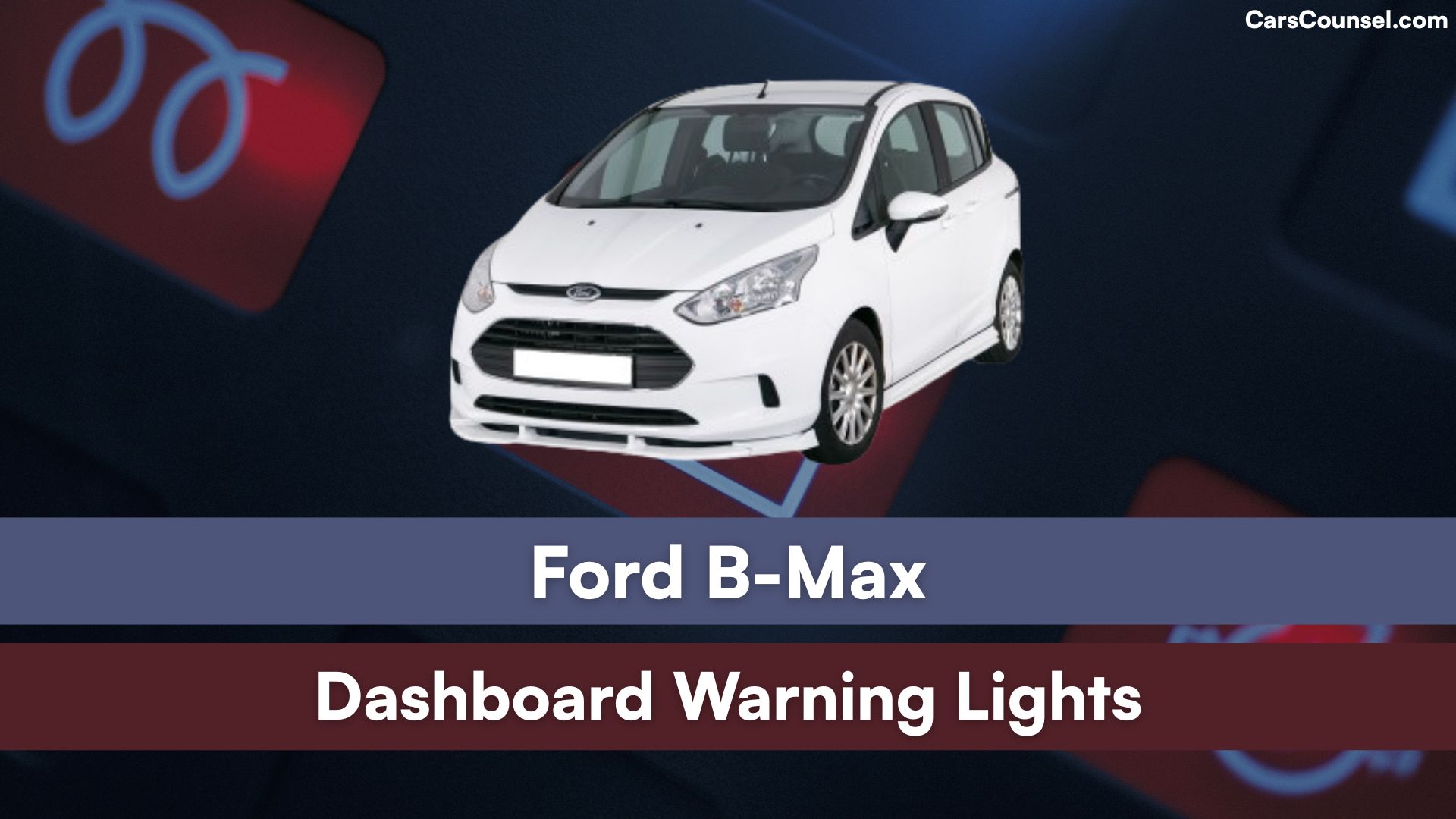
Quick Navigation
Red Warning Lights (Stop Immediately)
Engine Coolant Temperature
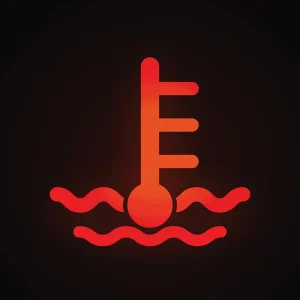
Engine overheating or coolant level critically low. Stop immediately, turn off the engine, and check coolant levels once cooled.
Brake System Alert
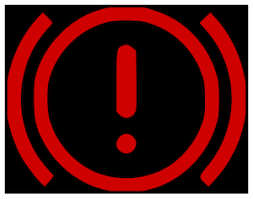
Low brake fluid or hydraulic failure. Park safely, check fluid levels, and avoid driving until repaired.
Battery Charge Fault
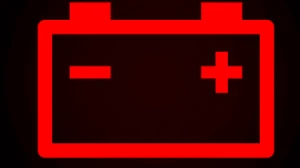
Alternator failure or charging system malfunction. Stop driving to prevent stalling and inspect electrical connections.
Airbag System Failure

Airbag or seatbelt tensioner malfunction. Visit a service center immediately to restore safety features.
Engine Oil Pressure
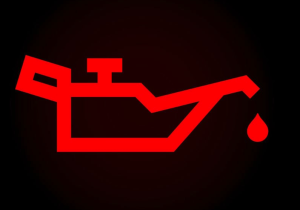
Low oil pressure or oil level. Check oil level and top up if low; avoid driving if the light persists.
ABS Failure
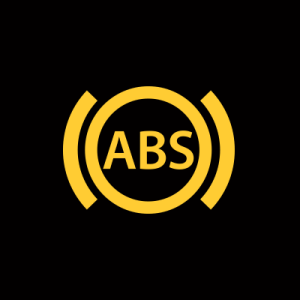
Anti-lock braking system disabled. Drive cautiously and repair promptly.
Power Steering Loss

Steering assist malfunction. Stop driving; towing may be required.
Transmission Overheat
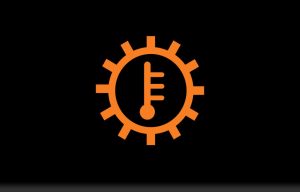
Gearbox overheating. Pull over, let the system cool, and check for leaks.
Door Ajar Alert
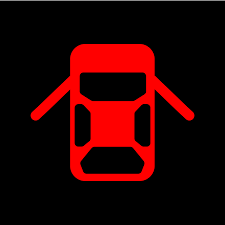
Door or trunk open while driving. Secure all closures immediately.
Seatbelt Reminder (Critical)

Driver/passenger unbuckled while moving. Fasten seatbelts to avoid injury.
Fuel Cap Warning
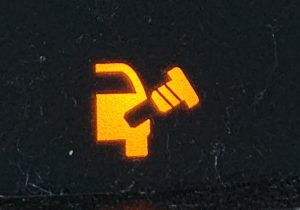
Loose or missing fuel cap. Tighten or replace to prevent fuel evaporation.
Tyre Pressure Critical
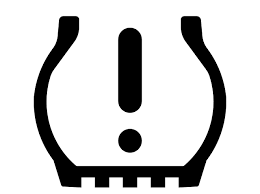
Severe tire pressure loss. Stop and inflate tires to recommended PSI.
Engine Misfire (Flashing)
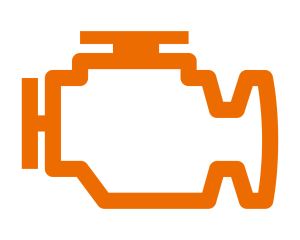
Catalytic converter risk due to misfiring. Reduce speed and seek urgent repair.
Emergency Brake Engaged
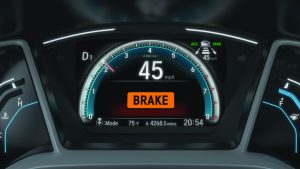
Parking brake activated while driving. Disengage before resuming.
Yellow/Amber Warning Lights (Action Required Soon)
Brake Pad Wear

Pads worn beyond safe limits. Replace soon to maintain braking efficiency.
Diesel Particulate Filter (DPF)
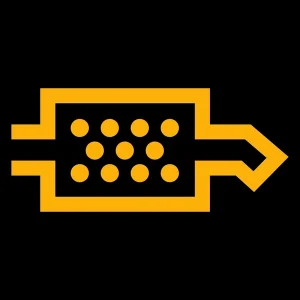
Soot buildup in exhaust. Drive at highway speed to regenerate.
AdBlue Low
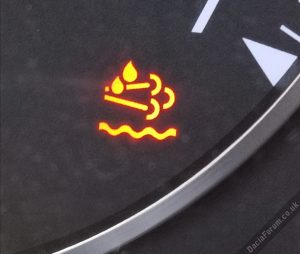
Diesel exhaust fluid below 25%. Refill within 500 km to avoid engine shutdown.
Glow Plug Issue

Diesel ignition assist fault. Cold starts may be difficult; schedule service.
Washer Fluid Low

Windshield washer reservoir empty. Refill to maintain visibility.
ESP/ESC Malfunction
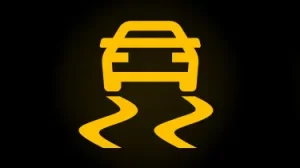
Traction control disabled. Drive cautiously on slippery surfaces.
Headlight Failure

Bulb or circuit issue. Replace bulbs or inspect wiring promptly.
Service Due Reminder
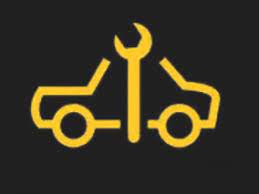
Scheduled maintenance overdue. Book an appointment soon.
Lane Departure Warning
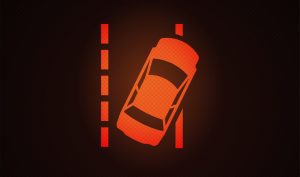
Sensors obstructed. Clean windshield or check for damage.
Key Not Detected
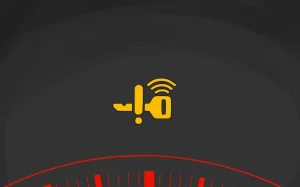
Key fob battery low or signal interference. Replace battery.
Powertrain Fault
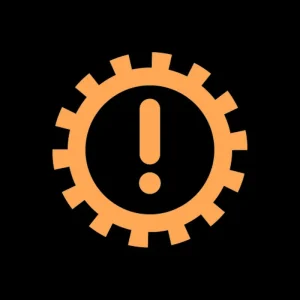
Engine, transmission, or drivetrain issue. Diagnostic check required.
Frost Warning

Roads may be icy. Drive cautiously below 39°F (4°C).
Green Warning Lights (Information Only)
Headlights Active

Low beams or daytime running lights on.
Cruise Control Engaged
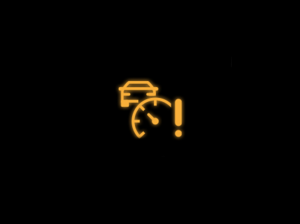
Speed set and maintained automatically.
Turn Signal Active
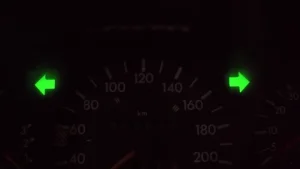
Indicator blinking for lane changes or turns.
Eco Mode On
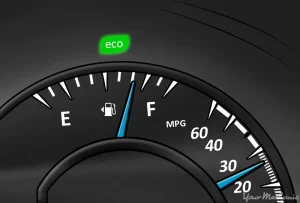
Fuel-efficient driving mode activated.
Parking Assist Active
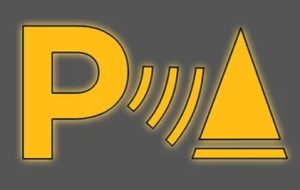
Sensors guiding parking maneuvers.
Auto Start-Stop Enabled

Engine off at stops to save fuel.
Rear Fog Lights On
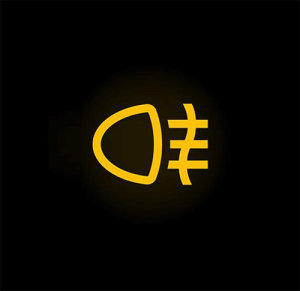
Enhanced visibility in heavy fog.
Trunk Open Alert
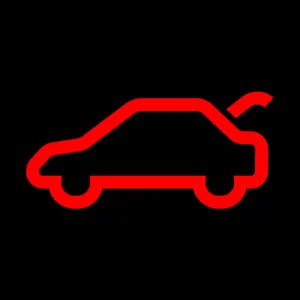
Liftgate or trunk ajar. Secure before driving.
E-Brake Applied
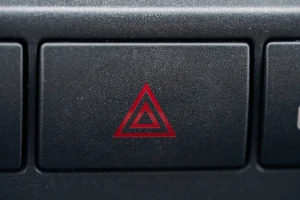
Parking brake engaged. Disengage to drive.
Drive Mode Selected
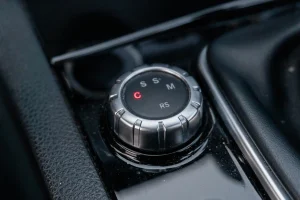
Comfort, Sport, or Eco mode active.
All-Wheel Drive Active

Power distributed to all wheels for traction.
Adaptive Headlights On

Beams adjust to steering input.
Auto Hold Enabled
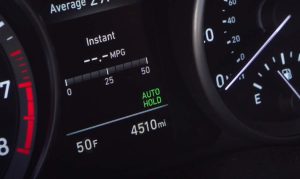
Vehicle held stationary on inclines without pedal input.
Hybrid Ready
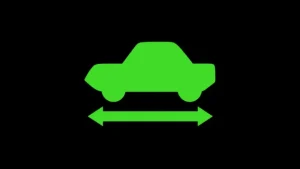
Electric mode active in hybrid models.
When looking at Ford, make sure to check out our guides on models like the Ford C-Max, Ford Bronco, Ford Explorer, and Ford Ecosport. Understanding dashboard warning lights is essential. Our expert reviews break down what each light means, highlighting common alerts for these models and what they could signal about underlying issues, so you’re never left guessing behind the wheel.
Address red alerts immediately to prevent safety risks. Schedule service for amber warnings to avoid escalation. Use green indicators to optimize driving systems. Consult your Ford B-Max manual for model-specific details.

